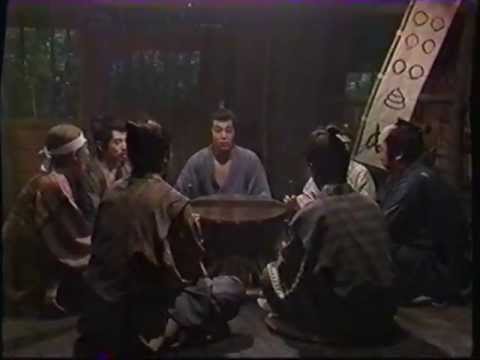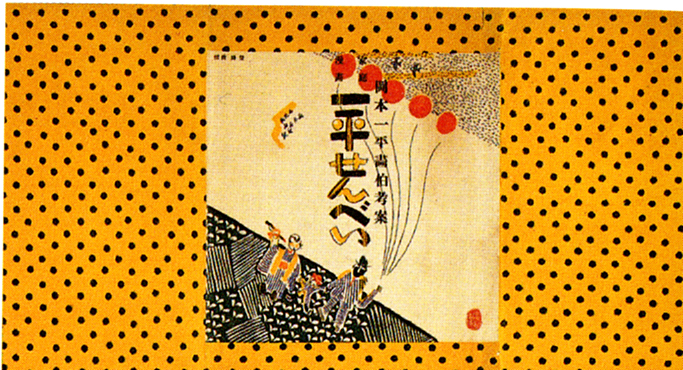All meetings will be held in Room 319 in the Center for East Asian Studies (CEAS 319).
CEAS is located in the Harris School of Public Policy, 1155 E. 60th St.
9/30 Orientation and Planning Meeting
3:00 – 4:00 PM
10/7 A Conversation with Ryo Kagawa
3:00 – 4:00 PM
10/21 Presenter: Mi-Ryong Shim
Assistant Professor of Korean Literature and Culture, Northwestern University
Title: Aesthetics of New Regionalism and Korean Local Color in the Wartime Japanese Empire
3:00 – 5:00 PM
11/11 Presenter: David Andrew Knight
University of Chicago, co-sponsored with EATRH
Title: “Li Deyu and the Golden Pine”
4:00 – 6:00 PM
11/18 Presenter: Yuqian Yan
Cinema and Media Studies/East Asian Languages and Civilizations, University of Chicago
Title: “Bringing the Past to the Silver Screen: The Burgeoning of Chinese Costume Films in the 1920s”
3:00 – 5:00 PM
12/1 Presenter: Scott Aalgaard
East Asian Languages and Civilizations, University of Chicago
Title: “Untimely Voices: Hearing Critique in Japanese Cultural Production”
3:00 – 5:00 PM




